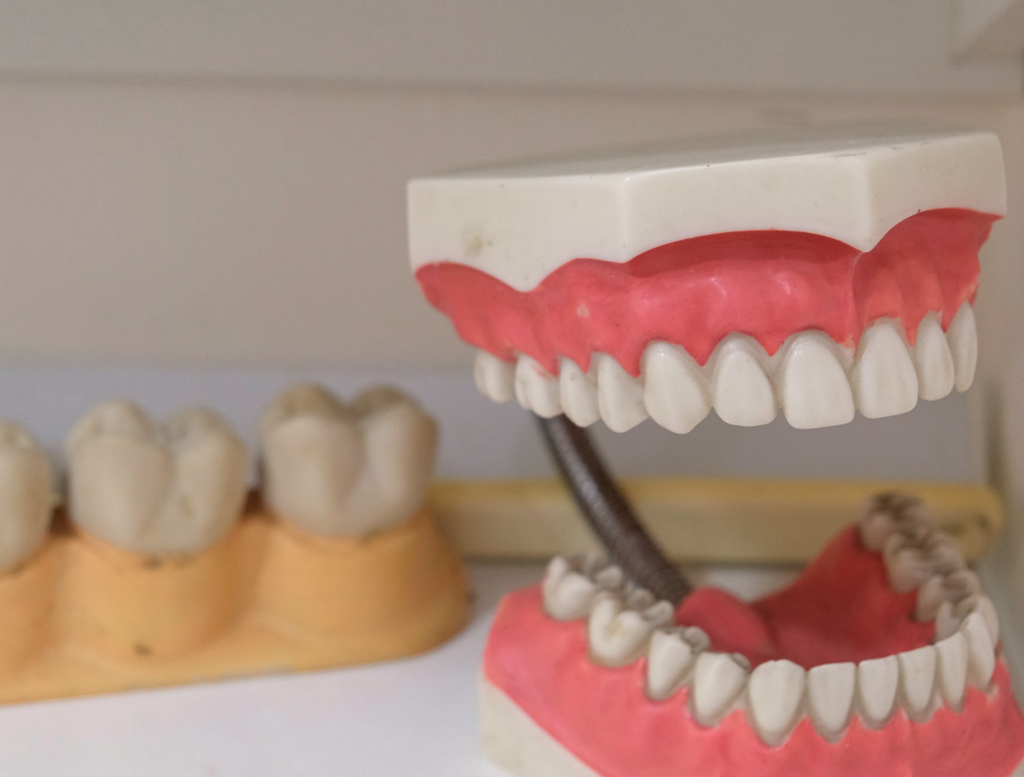Toothaches can be incredibly painful and disruptive. But can they also give you a fever? Understanding the connection between toothaches and fevers can help you recognize when a tooth problem might be turning into something more serious.
What Are the Symptoms of a Tooth Infection Spreading to the Body?
A tooth infection, also known as a dental abscess, occurs when bacteria invade the innermost part of the tooth, leading to infection and the formation of pus. If left untreated, this infection can spread beyond the tooth to other parts of the body. Here are some symptoms that indicate a tooth infection might be spreading:
- Severe Tooth Pain: The pain is often throbbing and can spread to the jaw, ear, or neck.
- Swelling: There may be noticeable swelling in the face, jaw, or lymph nodes around the neck.
- Redness and Heat: The area around the infected tooth may become red and feel warm to the touch.
- Fever: A high temperature indicates that your body is fighting off an infection.
- Difficulty Swallowing or Breathing: Severe swelling can make it hard to swallow or breathe, indicating the infection is spreading to the throat.
- Foul Taste or Bad Breath: An abscess can cause a bad taste in your mouth and foul-smelling breath.
- Feeling Unwell: You might feel generally unwell, tired, or weak.
If you experience any of these symptoms, it’s crucial to seek immediate medical or dental attention, as the infection can lead to more severe health problems.
Can a Tooth Infection Give You a Temperature?
Yes, a tooth infection can give you a temperature. When bacteria infect a tooth and create an abscess, your body responds by trying to fight off the infection. This response can cause a fever, which is your body’s way of increasing its temperature to help kill the bacteria. A fever caused by a tooth infection typically accompanies other symptoms of infection, such as pain, swelling, and redness.
How Do I Know If My Toothache Is Serious?

Toothaches can range from mild discomfort to severe pain. Knowing when a toothache is serious and requires prompt attention is important for preventing further complications. Here are some signs that your toothache is serious:
- Severe Pain: Intense, throbbing pain that doesn’t go away or worsens over time.
- Prolonged Pain: Pain that lasts more than a day or two.
- Swelling: Noticeable swelling around the affected tooth or in your face and jaw.
- Fever: A high temperature accompanying your toothache indicates an infection.
- Difficulty Eating or Drinking: Pain that makes it hard to eat, drink, or swallow.
- Gum Changes: Red, swollen, or bleeding gums around the affected tooth.
- Pus or Discharge: Pus coming from around the tooth or gums.
- Sensitivity: Extreme sensitivity to hot, cold, or sweet foods and drinks.
If you experience any of these symptoms, it’s important to see a dentist as soon as possible. Prompt treatment can help prevent the infection from spreading and causing more severe health issues.
How Long Can a Tooth Infection Go Untreated?
A tooth infection should never be left untreated. While it might be tempting to ignore a mild toothache, an untreated tooth infection can lead to serious complications. Here’s what can happen if a tooth infection goes untreated:
- Increased Pain: The infection will worsen, leading to more intense and constant pain.
- Abscess Formation: Pus can build up around the infected tooth, forming an abscess. This can cause significant swelling and pain.
- Spread of Infection: The infection can spread to surrounding tissues, including the jaw, neck, and even other parts of the body, such as the brain.
- Tooth Loss: Severe infections can damage the tooth and surrounding bone to the point where the tooth may need to be removed.
- Systemic Infection: In rare cases, the infection can spread to the bloodstream, leading to a condition called sepsis, which is a life-threatening response to infection.
Conclusion
Toothaches can be more than just a minor annoyance; they can signal serious dental issues, including infections that can cause fevers and spread to other parts of the body. Recognizing the symptoms of a spreading tooth infection, such as severe pain, swelling, redness, and fever, is crucial for seeking timely treatment.
A tooth infection can give you a temperature as your body fights off the invading bacteria. If you notice signs that your toothache is serious—such as prolonged pain, swelling, fever, difficulty eating, or pus—it’s important to visit your dentist promptly. An untreated tooth infection can lead to severe complications, including abscess formation, spread of infection, tooth loss, and even systemic infection like sepsis.
Maintaining good oral hygiene, regular dental check-ups, and prompt attention to dental issues can help prevent tooth infections and the serious health problems they can cause. If you ever experience a toothache accompanied by a fever, it’s important to take it seriously and seek professional dental care as soon as possible.








